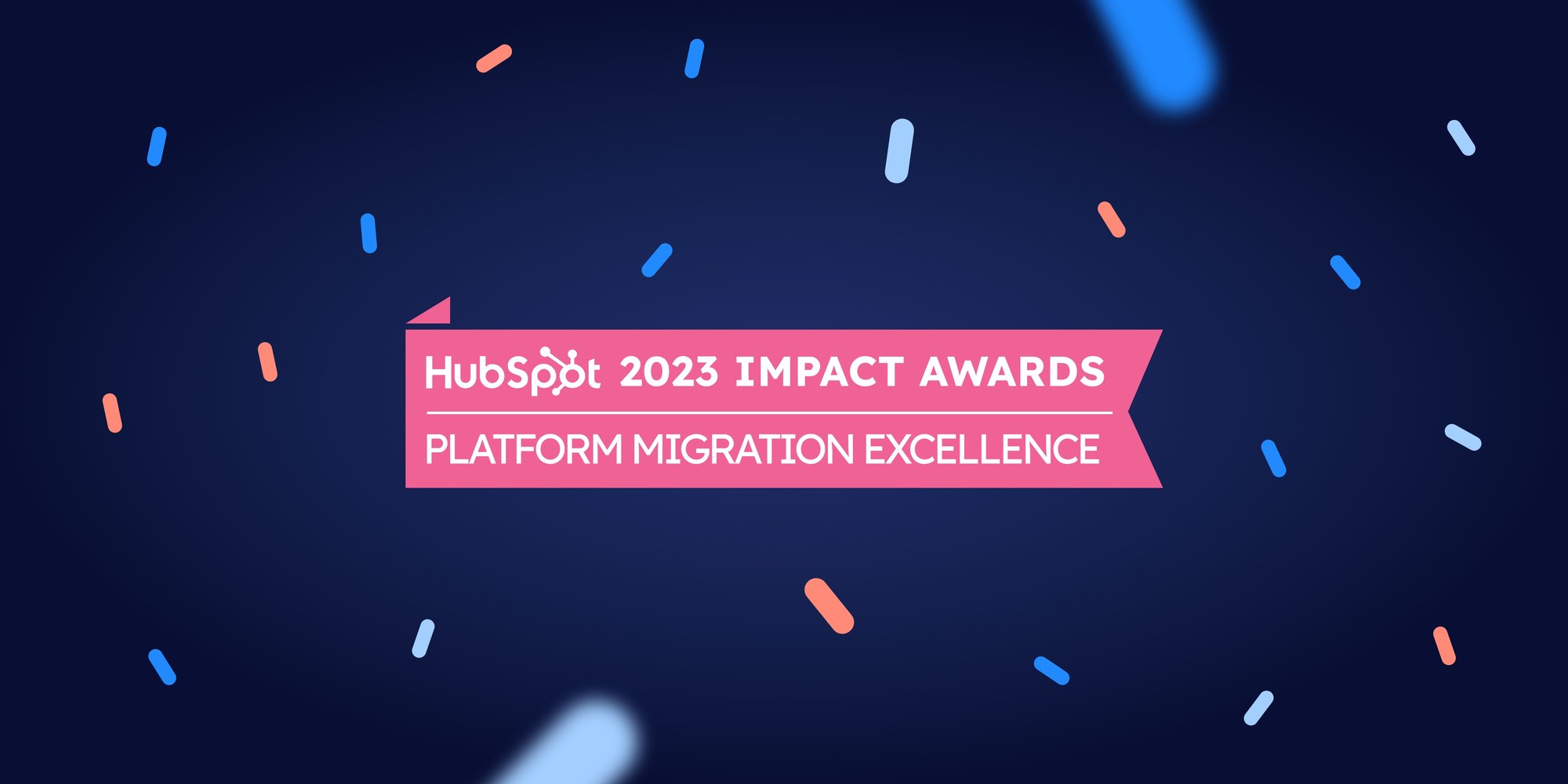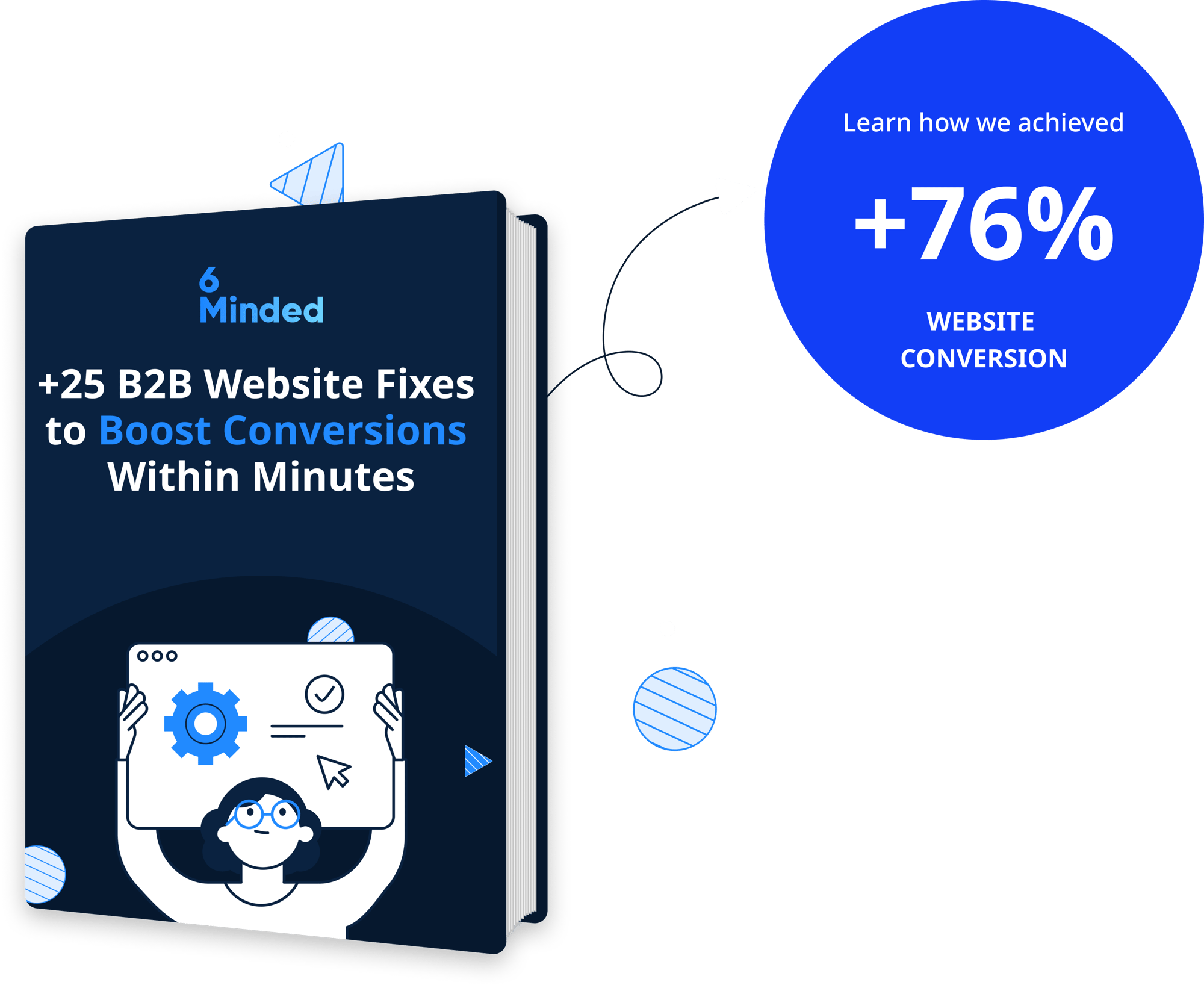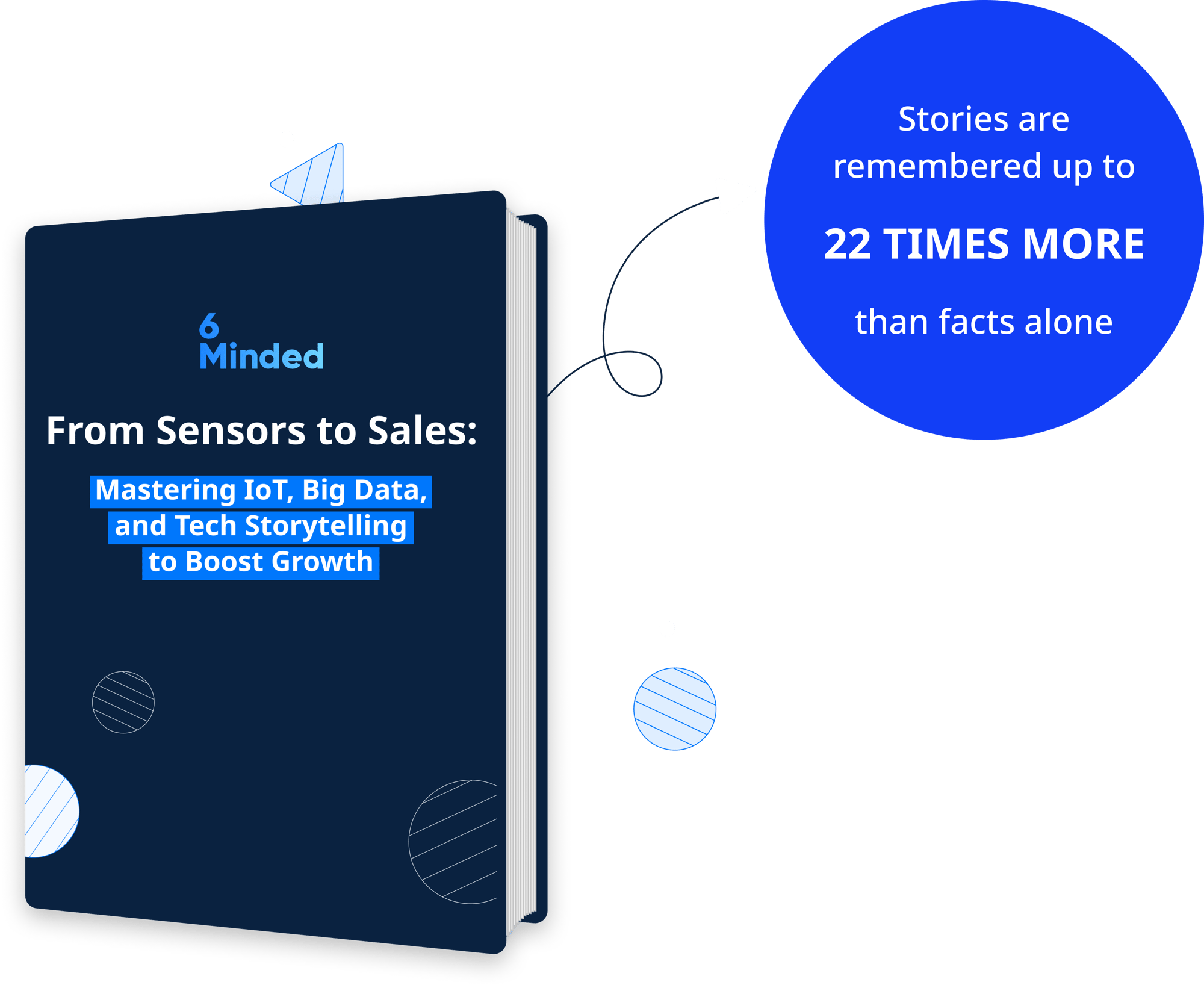Credit: Universal Pictures
Who doesn’t love a good ‘Fast and Furious’ saga? Well, SaaS startup owners may be an exception. With less than half of startups making it to their fifth year, the case of scaling too fast and too furious is common. However, a matter that is much less frequently raised is the right strategy for scaling sales. And since there’s no business growth without sales growth, we think this issue deserves some attention. Lights out, and away we go then!
Plan the route to striking that deal
Just as F1 drivers know the track way ahead of each race, your sales teams need an organized way of tracking leads and buyers that will navigate them to won deals. They need a well-established, repeatable, and agile sales pipeline.
What is a sales pipeline?
A sales pipeline is a visual representation of different sales funnel stages that sales reps use to track their deals from start to close. And just like a sports racing track, the pipeline has clearly defined pit stops along the way, where the sales professionals stop, review what they’ve done so far, and get ready for the road ahead.
Thanks to sales pipelines, reps know the status of each deal, the milestones achieved, and the steps ahead. These insights, especially when they are laid out clearly in a single, all-embracing view (we’ll get there soon), give an excellent indication of the pulse of your sales operations.
They tell your sales which deals are the most likely to close and make it easier for them to track, evaluate, and measure the efficiency of their work. But most importantly, they are repeatable, which means all reps can take advantage of the same pipeline, no matter how big the team size, and use it in the same fashion, making your sales traceable, consistent, and scalable!
Get the best ride in the hood (aka sales pipeline CRM software)
OK, the route’s sorted. Now, you need a vehicle to get there. I mean, yeah, you could do it the old-fashioned way and trace all deals and leads by hand. If you prefer riding an old, fatigued mule rather than a limitless, snazzy Lambo, be my guest…
Oh, ok, you wouldn’t mind checking out the Lamborghini. So I thought.
Why does your startup need a Customer Relationship Management system (CRM)?
As a stakeholder in a SaaS startup, you may ask yourself: “Do I even need a sales pipeline CRM?”. The answer is ‘yes’ but before you see why, here are a few questions to consider:
- Does your sales team find it challenging/time-consuming/draining to keep track of leads, contracts, and queries?
- Do key data about your leads sometimes get lost, duplicated, or outdated because there’s no organized, unified way to store and update them?
- Do your teams get stuck in sales spreadsheets and waste time manually updating data and keeping track of versions?
- Is sales data scattered between several apps and files affecting transparency and speedy retrieval?
If you nod to any of these questions, your startup might benefit significantly from implementing a well-tailored CRM system. So, let’s get down to it!
What is a CRM?
CRM (Customer Relationship Management) is a software system that helps you with sales pipeline management, building new and nurturing already existing customer relationships. It allows storing and managing all lead and client information in one place by replacing conventional databases, spreadsheets, archives, and multiple apps and programs.
CRM software is used mainly by sales teams, providing them with tools to operate in three main areas:
- Customer relationships,
- Customer experience,
- Customer retention,
all of which are crucial to your SaaS startup’s revenue growth.
A well-performing CRM solution makes workflows more organized, saves your teams’ time, and helps them close more deals faster. But above all, it allows you to scale sales easily by digitizing and streamlining the pipeline.
Add rocket fuel to your sales pipeline
Now, let’s take a slight turn and think about how a CRM can support your sales reps in creating a repeatable pipeline that can be easily replicated for new team members.
Let’s assume you have already developed a pipeline (if not, you can download it here). What do you gain by deploying it in a CRM system?
1. Keep a tight grip on your leads
The more leads, the better, right? Most of the time, yes. But what happens when your sales reps get swamped with prospects, leads, and customer accounts, in between one spreadsheet and another? When they cannot keep up, they must choose between chasing new accounts and nurturing existing clients. Either way, it’s a lose-lose situation.
A CRM system helps solve this by keeping all client details and communications unified. With different visualization options (Gantt’s charts, interactive dashboards, reports, etc.), it makes all data easy to read, reach, and update for everyone, regardless of team size, so your reps can distribute their efforts equally between leads and customers at all funnel stages.
2. Get up-to-speed with rich visualizations
It’s easy to get lost in the spreadsheet maze, but CRM keeps your teams focused and efficient with a live, at-a-glance view of the sales pipeline. Through dashboards, sales reps can easily see all deal sizes, close ratios, and sales velocity and drill down to understand each lead's stage. They can also quickly log their calls, meetings, and emails in one place. Using color codes and tags helps them spot top-priority tasks and accounts quickly. Additionally, the system also keeps them updated and aligned with their co-workers in a way that streamlines cooperation and simplifies communication in and outside the team.
3. Work at full throttle thanks to automations
Sales pipeline software assists users in creating the most effective sales pipeline, leading your reps swiftly through all the stages to signing that contract and closing the deal. Thanks to workflow automations, manual and repetitive tasks are drastically reduced, and things like updating notes after a customer call or qualifying leads take only a few clicks. On the other hand, automated task reminders help sales reps free their mind and redirect their focus to nurturing customer relations.
4. Stay on track with sales analytics
It’s not only data collection and access that sales pipeline CRM shines at. Modern CRM solutions come with powerful data analytics engines that allow the stakeholders to slice and dice information as they need to stay on top of things. For sales, they can gain deeper insights into prospects and prioritize opportunities the most efficiently.
5. Shift sales into higher gear
As we’re drawing near the finish line, we’ve finally arrived at the key benefit of deploying sales pipelines in a CRM—unlocking sales process scalability. And what does this mean? In short, in both directions, the ability to dynamically and quickly react to changing volume demands on sales. Push more volume through sales without breaking it, bolster your sales team, and quickly get new members up to speed. Diversify and grow leads without overwhelming your staff. And finally, effectively cope with growth while still making it possible to increase the market share.
How to choose the right sales pipeline software that will help you grow your sales?So, how do you feel about upgrading your sales management vehicle using a CRM system in your SaaS startup? Before shopping for the best solution, let’s pause and see what features to look for when getting the right make. Sales pipeline CRM for SaaS startups should be:
|
What’s next for sales pipeline management?
There are more arguments in favor of building a sales pipeline in a CRM than there are “Fast and Furious” franchise movies. But we won’t develop them more as we’ve reached our destination.
If you feel you want to find out more and optimize your SaaS startup for scalable sales, we'll be happy to help. Just get in touch with our team to make an intro call, and together, we'll work on the essential steps to set up a repeatable process for scaling your sales, managing the sales pipeline, and boosting revenue in the long run.



 September 2023
September 2023
